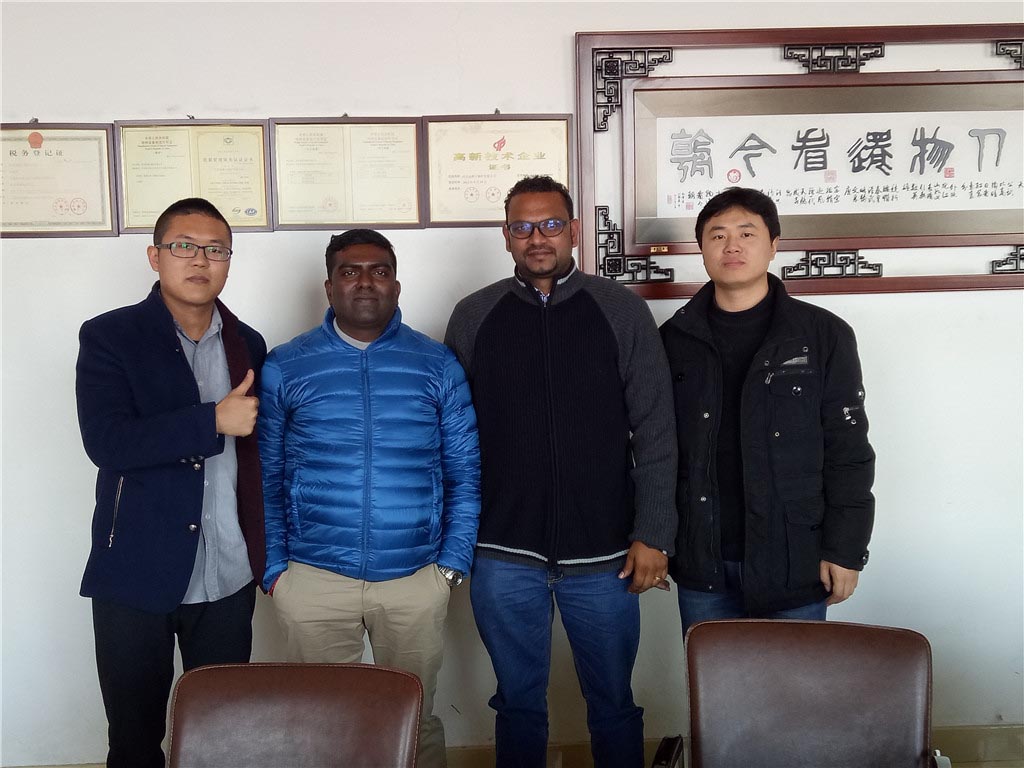CE Certification for Industrial Boiler Manufacturers and Mechanical Engineering Companies
Understanding CE Certification for Industrial Boilers A Focus on Mechanical Companies
In the industrial sector, ensuring the safety and efficiency of boilers is paramount. With the increasing demand for reliable energy sources and the enhancement of environmental sustainability, the need for proper certification of industrial boilers has become more crucial than ever. One such important certification is the CE marking, particularly for mechanical companies involved in the manufacture and installation of these critical systems.
What is CE Certification?
CE marking indicates that a product conforms to the European Union’s health, safety, and environmental protection standards. It is a mandatory certification for products traded within the EU and signifies that the product complies with all relevant directives and regulations. For industrial boilers, CE certification is essential as it assures customers and regulators that the product meets stringent safety and performance standards.
The Importance of CE Certification for Industrial Boilers
1. Safety Assurance Industrial boilers operate under high pressure and temperature. Hence, the risks associated with their malfunction can lead to catastrophic events, such as explosions or toxic emissions. CE certification requires thorough testing and evaluation of the boiler’s design and performance, ensuring that it complies with safety standards.
2. Market Access For mechanical companies, CE certification is not just a regulatory requirement; it is a ticket to accessing the European market. Products without CE marking cannot be sold in EU member states. Thus, obtaining this certification expands market opportunities for manufacturers, enabling them to compete globally.
3. Quality Assurance CE certification is a recognition of the quality and reliability of the products. It signals to customers that the company adheres to high manufacturing standards and is committed to delivering safe and effective products. This quality assurance helps build trust and enhance brand reputation in a competitive market.
4. Environmental Compliance With the EU regulations focusing heavily on environmental protection, CE certification also involves compliance with emissions standards. This requirement encourages manufacturers to adopt cleaner technologies and processes, thereby reducing their ecological footprint.
The Certification Process
ce certification industrial boiler and mechanical company

Obtaining CE certification for industrial boilers involves several steps
1. Product Assessment Manufacturers must first conduct an internal assessment of the boiler’s design, manufacturing processes, and safety features to ensure compliance with the applicable directives.
2. Third-Party Testing Once the initial assessment is complete, the product must undergo testing by an accredited third-party organization, known as a Notified Body. This entity is responsible for auditing the manufacturer’s processes and verifying that the product meets the necessary standards.
3. Technical Documentation Manufacturers are required to compile technical documentation that outlines the design, manufacturing processes, and safety features of the boiler. This documentation must be available for inspection by authorities.
4. Declaration of Conformity After successful testing, the manufacturer must issue a Declaration of Conformity, confirming that the industrial boiler meets all applicable EU directives. The CE mark is then affixed to the product, indicating compliance.
Challenges Faced by Mechanical Companies
While CE certification can enhance credibility and marketability, the process can present challenges. Mechanical companies may find it burdensome to navigate the regulatory landscape, particularly if they lack experience in compliance matters. The cost of testing, documentation, and potential modifications to meet standards can be significant, particularly for small to medium-sized enterprises.
Additionally, staying abreast of regulatory changes is crucial, as EU directives are periodically updated. Companies must invest in training and resources to ensure ongoing compliance, which can strain operational budgets.
Conclusion
In summary, CE certification is a vital component for mechanical companies involved in the production of industrial boilers. It provides safety assurances, enhances marketability, guarantees quality, and ensures environmental compliance. While the certification process can be complex and resource-intensive, the long-term benefits, including access to broader markets and improved safety standards, greatly outweigh the challenges. As the industry continues to evolve, mechanical companies must prioritize CE certification and stay proactive in meeting compliance requirements to ensure their competitive edge in the global market.
-
Industrial Steam Boiler Corporation - Reliable Industrial Boiler Manufacturer & SupplierNewsJul.08,2025
-
High-Efficiency Steam Boiler Heat Exchanger Supplier & Factory Durable Products for IndustryNewsJul.08,2025
-
Premium Electric Steam Boiler Manufacturer Reliable Company & Factory SolutionsNewsJul.08,2025
-
Commercial Hot Water Boiler - Reliable Supplier & Factory Direct Price for Efficient Heating SolutionsNewsJul.07,2025
-
Top Hot Oil Boiler Manufacturer - Reliable Thermal Oil & Coal Fired Boiler Manufacturer ManufacturerNewsJul.07,2025
-
High-Efficiency Hotel Hot Water Boiler – Leading Exporters & Quotes for HotelsNewsJul.07,2025

